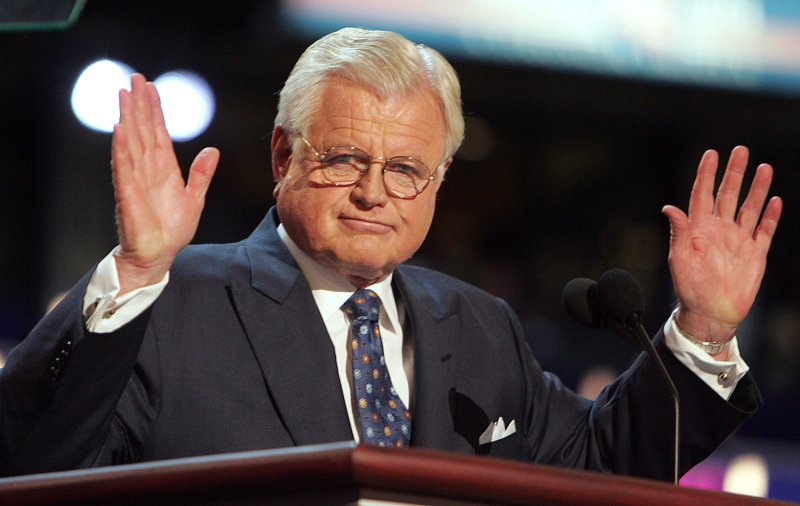CHICAGO, June 2 (UPI) -- The drug Avastin combined with chemotherapy and radiation failed to prolong survival in patients with newly diagnosed brain cancer, U.S. researchers say.
In 2009, the U.S. Food and Drug Administration granted accelerated approval to Genentech's drug Avastin -- now manufactured by Roche -- to treat patients with advanced brain cancer -- glioblastoma -- no longer responding to therapy, but a clinical study called the therapy into question because the drug is not helping patients live longer, TheStreet.com reported.















